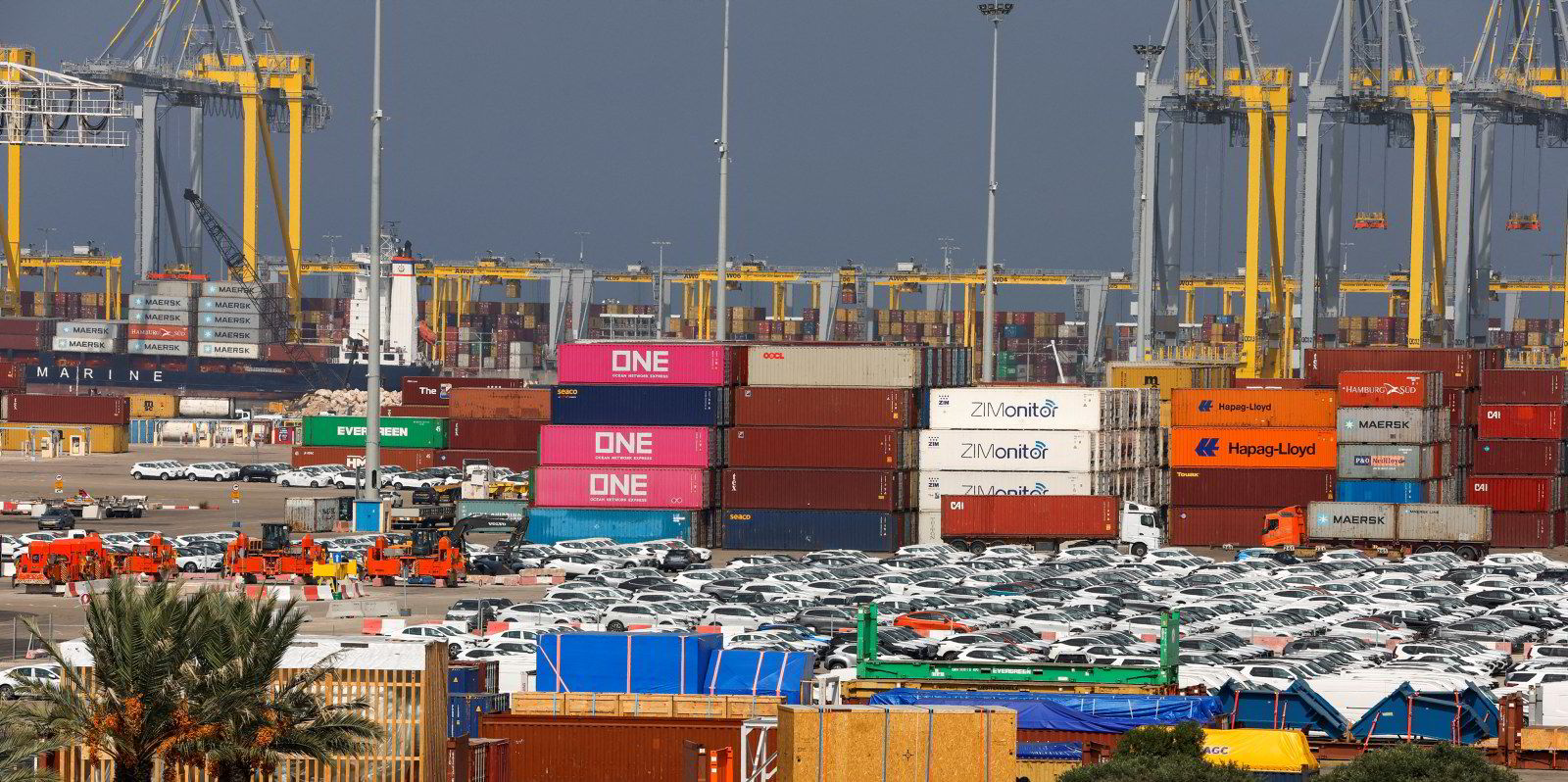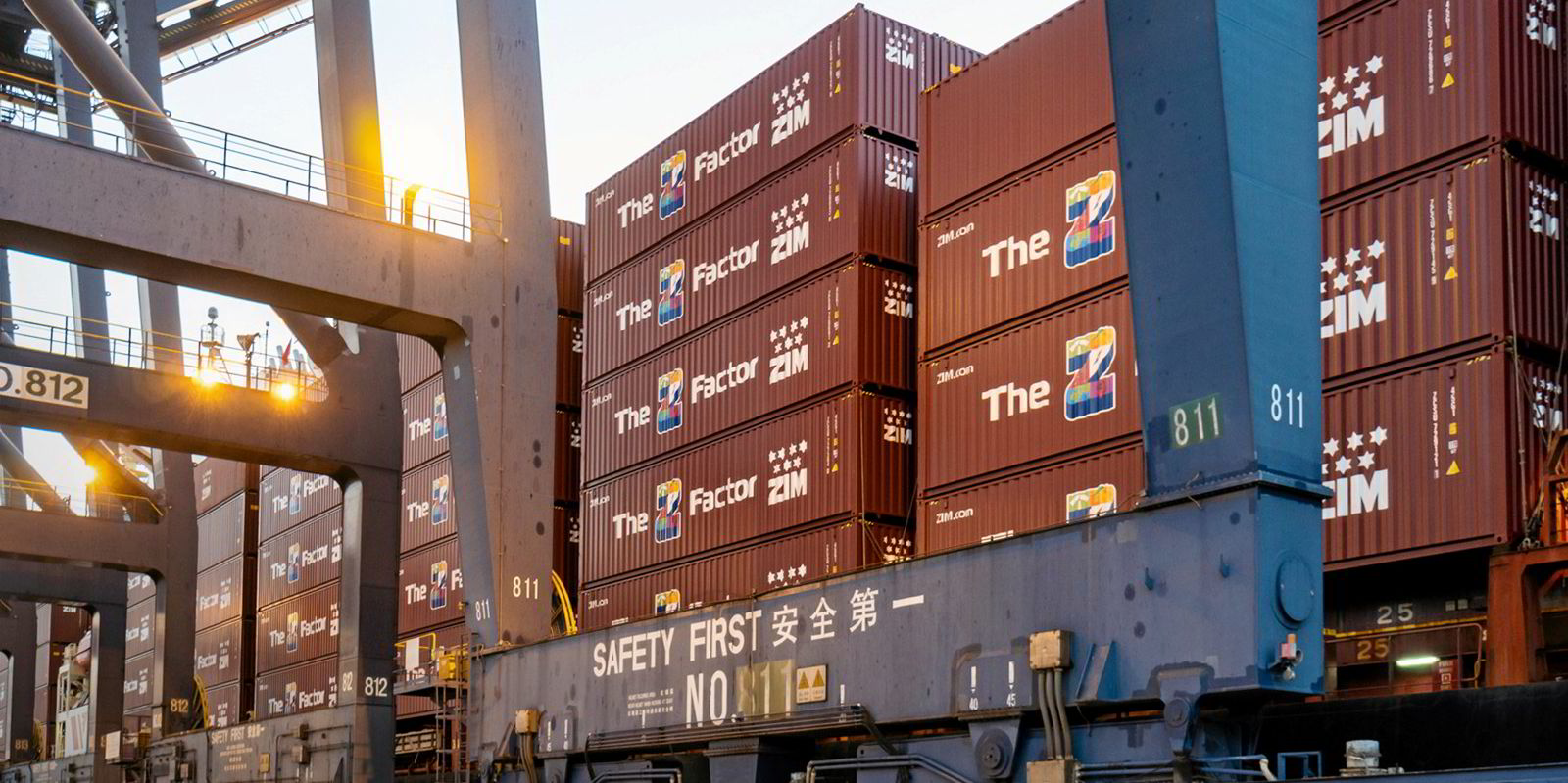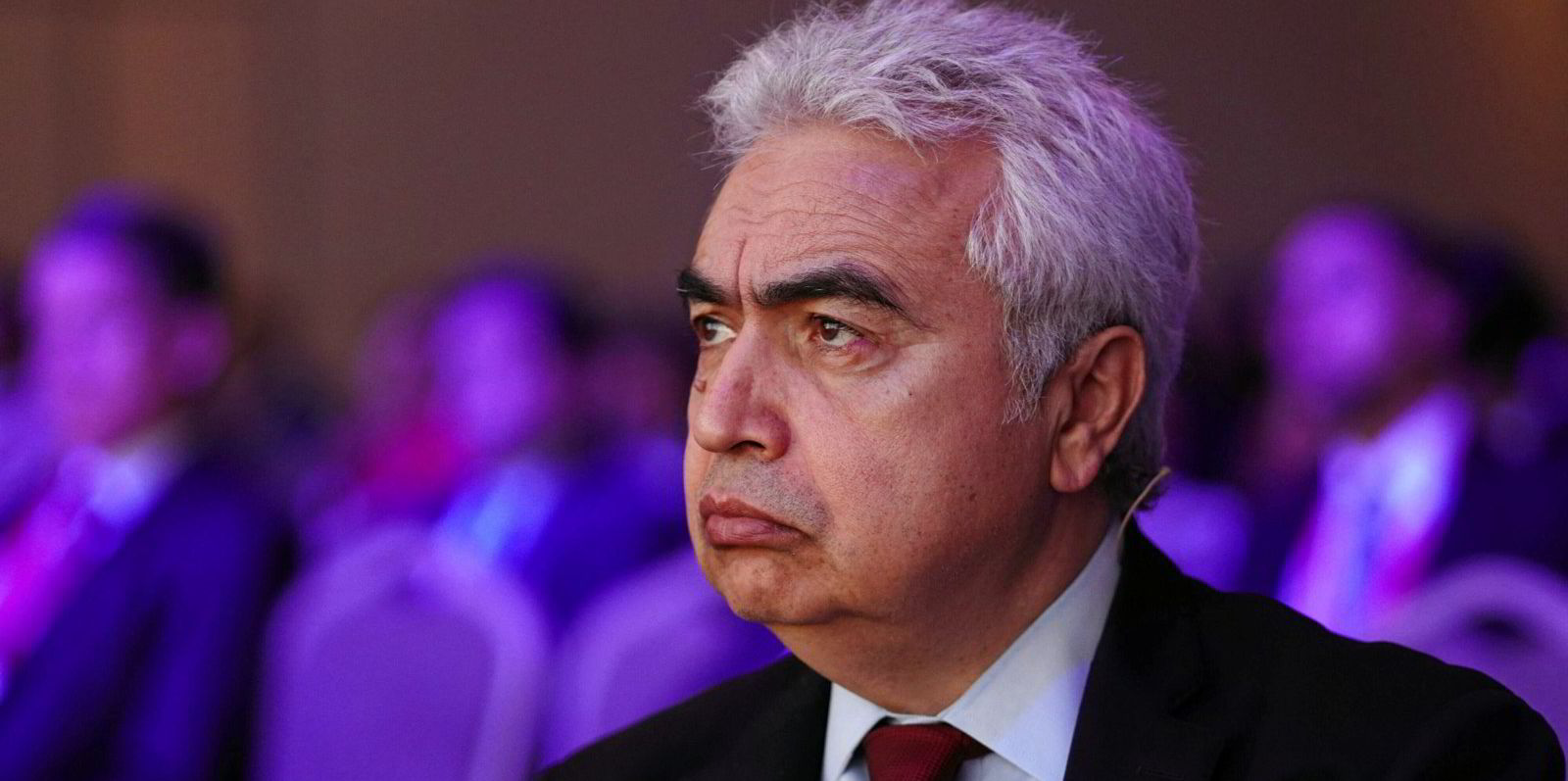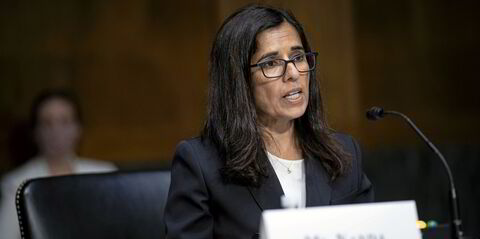The Israeli government has pledged to pay shipowners compensation for any vessels damaged during its war with Hamas in Gaza.
The move is designed to encourage shipping companies to keep goods flowing into the country.
Israel’s tax authority said in a statement on Thursday that payments would be made for “war damage” sustained by any domestic or overseas ships in Israeli waters.
“War damage is defined under the law as damage that is caused to the body of an asset due to acts of war by the regular forces of an enemy or due to other acts of hostility against Israel, or due to acts of war by the Israel Defense Forces,” the statement cited by Reuters said.
The rate will be 100% of the actual damage, which the statement said would be the difference between the value of the vessel before and after any incident.
Following the Hamas attacks on Israel, the country’s major ports have mostly continued to operate as normal — including road and rail links — with the exception of the tanker port of Ashkelon, which is now closed.
At least one tanker has diverted to the Red Sea port of Eilat.
TradeWinds has reported that liner operator Zim is to pass on an Israel war risk surcharge to customers following a massive increase in insurance premium for ships trading to the country’s ports.
Zim said it will pass on the additional war risk premium charges “at cost”. Additional fees range from $50 per teu to $100 per teu, depending on the service.
Minimising risk
Zim said war risk underwriters had told it that insurance rates could be changed every 24 hours depending on the country’s changing risk profile.
Israel’s transport ministry said terminals were “highly protected strategic facilities”.
“Steps have been taken by the government to minimise risk levels for calling ships,” a statement seen by Reuters reads.
The ministry claims the Iron Dome air defence system has “proven to be super effective”.
“Bottom line, despite several previous conflicts, no damage was sustained to any calling ships, ie zero incidents,” the statement added.
War risk premiums are up tenfold since the conflict began.





